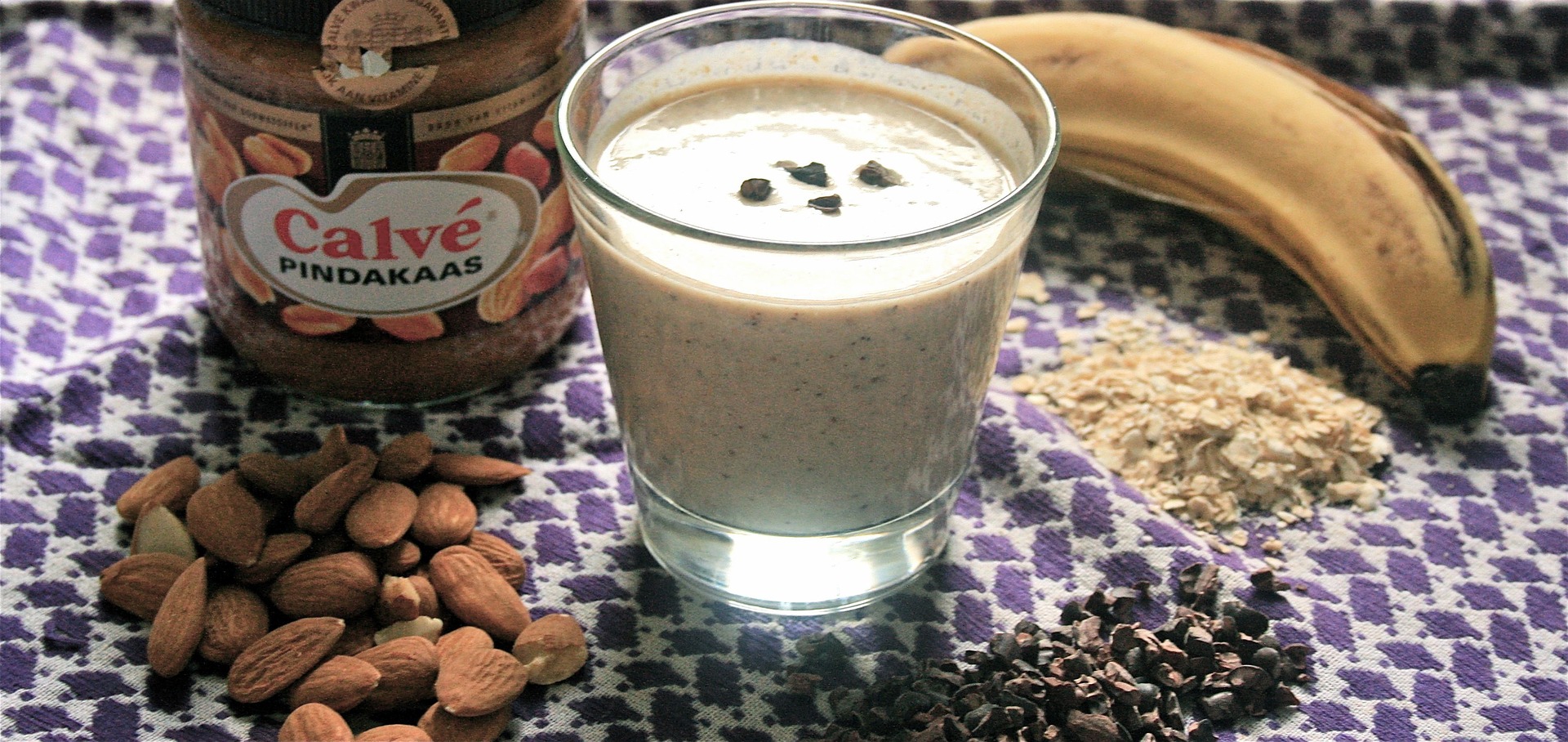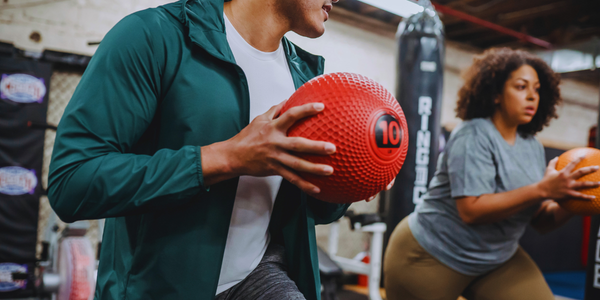What Should You Eat Before Your Workout?

Figuring out what to eat before a workout can appear to be a workout in its way, especially if the sun isn’t up and your eyes are still half shut. To eat, or not to eat?
As you shuffle into the kitchen and pull the refrigerator open, this becomes the true dilemma of the early morning workout.
Growing up, we have learned that breakfast is the most important meal of the day. However, eating before a workout can also have adverse effects. If you overeat, you’ll only see your breakfast regurgitate back up, but if you eat the wrong things, it can create abdominal discomfort, increase fatigue, or in worse cases have you running to the bathroom.
So if you’re racing out the door to get the workout in before going to the office, what should you eat? Or should you eat at all?
A tremendous amount of research is coming out about exercising in the fasted state. Not eating at all before a workout can help burn fat and lose weight.
Depending on what your overall goals are, fasted cardio in the morning might be your best plan of action. When you wake up, you’re in the “fasted state,” and by exercising in the fasted state, your body will use whatever glucose is in your bloodstream and then begin to break down stored glycogens in the liver and muscles to fuel your body.
Which then triggers fatty acids known as ketones to be released into the bloodstream to continue breaking down fat storages for energy. As a result, you are burning fat for energy and over time will lead to lower fat percentage and improved body composition. It should be noted that fasted workouts tend to be used in low intensity-steady state (LISS) exercises such as cycling or running.
For those of you who are weight training to build muscle or to improve strength and power, a snack before exercising is recommended and will help your overall performance.
This snack will prevent your body from possible protein/muscle breakdown, and instead, will fuel and provide sustainable energy to maximize your workout.
Ideally, you should look to consume food 60-90 minutes before engaging in exercise to allow the body to digest. This will allow for the calories to be readily available for energy during the workout.
Also, if you eat moments before you begin your workout, it’ll feel like a brick in your stomach because your body slows down the digestion process to send blood to the muscles instead.

So what do you eat to maximize your workout?
One size does not fit all, and depending on your level of hunger will determine how much food you eat before exercising. When engaging aerobic exercise, the intensity of the workout and increase in blood pressure and heart rate will send signals to the brain’s hypothalamus to release hormones that will suppress hunger.
This is the body’s fight or flight response. However, many athletes and fitness enthusiast do this with the world’s most popular psychoactive drug: Coffee.
Caffeine is an excellent way to prep that body and gets it ready for the workout. It also revs the metabolism and helps with overall exercise performance.
However, if you’re looking to do a low-intensity workout like yoga or barre, preemptive metabolism rev might result in mid workout stomach growls.
Low-Intensity Workouts like Walking, Barre or Yoga: Try to eat some foods that are considered high complex carbohydrates, and pair with a low protein source. A great pre-workout snack would be a banana with peanut butter or apple with nut butter. The carbohydrates can be broken down during the workout and utilized by the body, and the protein will assist in preventing muscle fatigue.
Moderate-High Intensity Workouts like Spin Class, Zumba, Body Pump, Group Exercise or Boot Camp, anything roughly around 45-60 minutes which alternates between zones of light-moderate-hard.
This style of workout needs a different kind of nourishment to be able to complete the entirety of the class at the greatest exertion level.
This might require more simple carbohydrates can be broken down into sugars quicker and increase the blood sugar levels so the muscles can utilize the energy for a better performance and prevent fatigue.
But keep in mind, with high-intensity exercises having a lot of food before can make you feel a little sick and sluggish. So safely, having some Greek yogurt with berries will be gentle enough on the stomach and be burned quickly in the workout.
A hard boiled egg with a slice of 100% whole wheat toast will be help prevent muscle fatigue by fueling the body with amino acids, and the toast is a simple carb so that the sugars will be used up quickly. Whey protein mixed in milk or milk-alternative will boost the body with amino acids to help prevent fatigue and aid with muscle pump during the workout.
Endurance Workouts which is anything falling between 60-120 minutes of active exercising. Usually associated with long distance running, cycling, brick training (bike then run, or swim then bike).
This style requires both complex and simple carbohydrates and a little extra protein. Fruit juice is a great prep for getting the immediate sugar to the blood stream, but to sustain the exertion level, oatmeal with chia seeds, peanut butter or whey protein stirred in with a half of a banana will help keep you fueled for the long haul!
Short Intensity Power Workouts like powerlifting, 15-30 minute HIIT class. To fuel the body and keep the body working at peak performance, have a quick, digestible protein and carb is vital.
Chocolate milk would be suggested, or a quick protein shake made with milk or alternative milk product. Greek yogurt with granola, agave nectar or berries stirred in.
Another great protein and carbohydrate source would be sunflower seeds. So a piece of toast with peanut butter and sunflower seeds on top could help fuel the body without upsetting the stomach.
One common theme in all of these morning food suggestions is carbohydrates. To provide the body with energy, there need to be carbohydrates to be broken down into glucose.
But carb timing is important. If you’re running out the door and are famished, grab a banana. It’s 30g of carbs, and the body will break it down and not leave you feeling bloated or heavy.
Just remember, what works for you might not work for someone else, and it’s all about finding the right balance and combinations of foods that will help maximize your morning workout routine. Fueling afterward to repair your muscles and replenish glycogen storage is imperative for continued fitness success.
Image credit: pixabay
ActiveMan — Make Your Move
The Modern Guide to Men’s Health, Fitness & Lifestyle.





